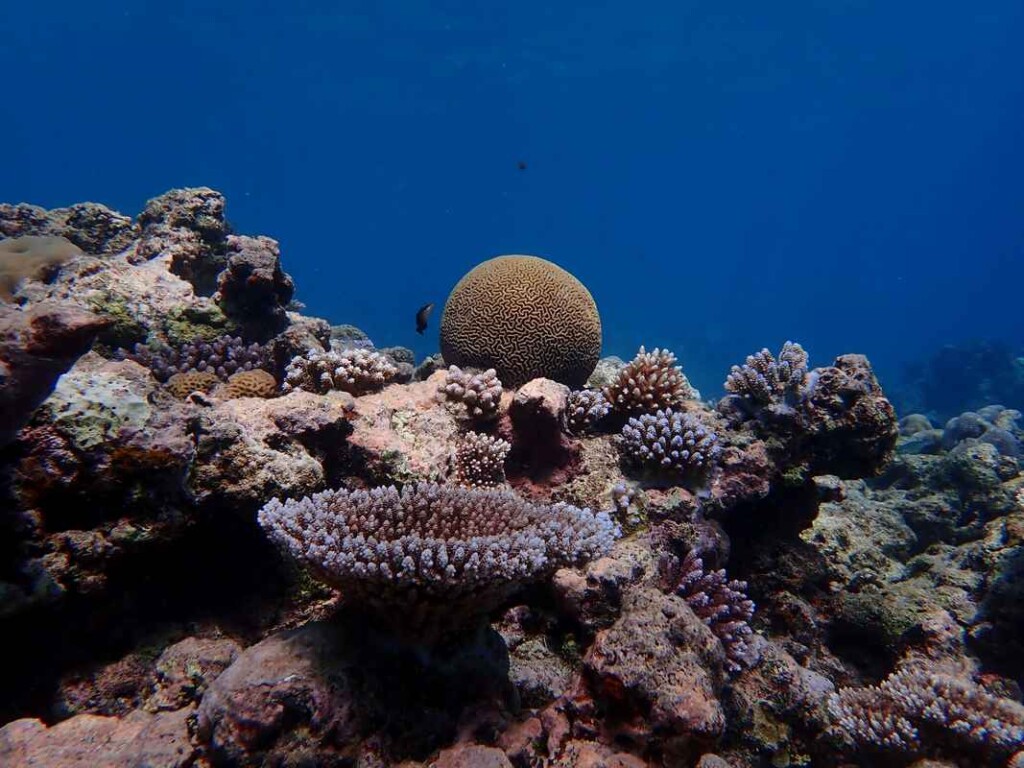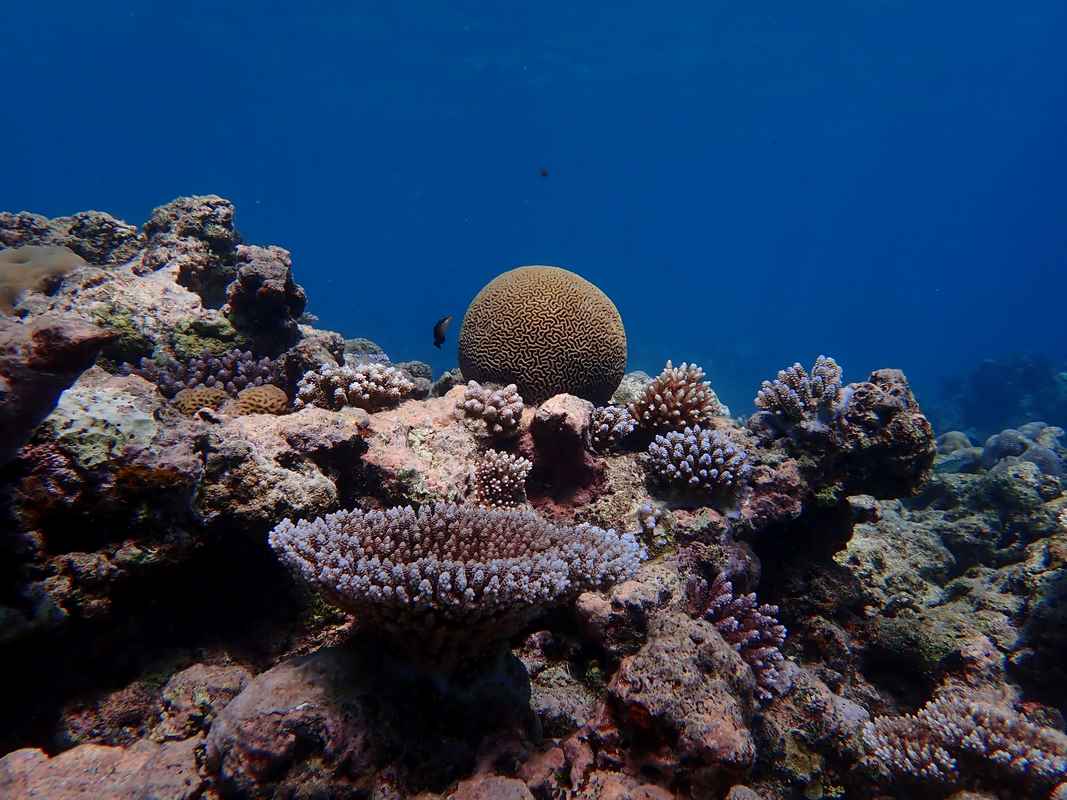
Data collected over the last 40 years at a remote coral reef within the territorial waters of Palau has shown that corals are more adaptable to warming oceans than previously thought
In fact, they’ve already adapted—potentially at a rate of 0.18°F per decade, and the researchers say that established models for coral bleaching events should be updated to presume an enhanced capacity for these stunning underwater ecosystems to sustain themselves over the decades.
The Newcastle University-led study focused on the Pacific Island nation of Palau and drew on decades of field observations, as well as many possible future coral bleaching trajectories for Palauan reefs, each with a different simulated rate of thermal tolerance enhancement.
They found that if coral thermal tolerance continues to rise throughout the 21st century at the most likely historic rate, “significant” reductions in bleaching impacts are possible.
“We quantified a natural increase in coral thermal tolerance over decadal time scales which can be directly compared to the rate of ocean warming,” said study lead author Liam Lachs.
The researchers say that high-frequency bleaching can be fully mitigated at some reefs under low-to-middle emissions scenarios where, for example, the Paris Agreement commitments are fulfilled.
“We know that coral reefs can increase their overall thermal tolerance over time by acclimatization, genetic adaptation, or shifts in community structure, however we know very little about the rates at which this is occurring,” said study co-author Dr. James Guest.
MORE SURPRISES UNDER THE SEA: Dolphins Self-Treat Their Own Skin By Lining Up to Rub on Specific Coral
“This study uses data from a remote Pacific coral reef system and estimates the rate of increase in tolerance since the late 1980s. The results provide some hope that reefs can keep up with increasing temperatures, but only if strong action is taken on climate change.”
To survive amid climate change, the researchers say coral communities need to endure progressively more intense and frequent marine heatwaves.
The Newcastle team’s findings reveal that the thermal tolerance of corals in Palau has likely increased at a rate of 0.1°C per decade since the late 1980s.
MORE GOOD CORAL NEWS: Scientists Find Giant Pristine Coral Reef Undiscovered Near Tahiti, With Clues There Are More
The researchers say that the increase suggests that natural mechanisms, such as genetic adaptation, acclimatization of corals, or their symbiotic microalgae, could have contributed to the enhancement of coral thermal tolerance.
Several early models on climate change, global warming, and ecological degradation have been shown to be incorrect over the years, including the effects of ruminant agriculture on greenhouse gas emissions and plastic pollution entering the ocean—which GNN recently reported could have been overestimated for years by a factor of 30.
MORE SCIENCE LIKE THIS: Climate-Resilient Coral Offers Hope to World’s Reefs, Able to Cope With 2ºC of Global Warming
On corals, some scientists aren’t waiting to see if they can adapt at their own pace. Researchers in Florida are breeding corals that are specifically identified as carrying genetic adaptations that make them less vulnerable to heat and acidic water
SHARE This Inspiring Coal Evolution With Your Friends Concerned About The Climate…




















